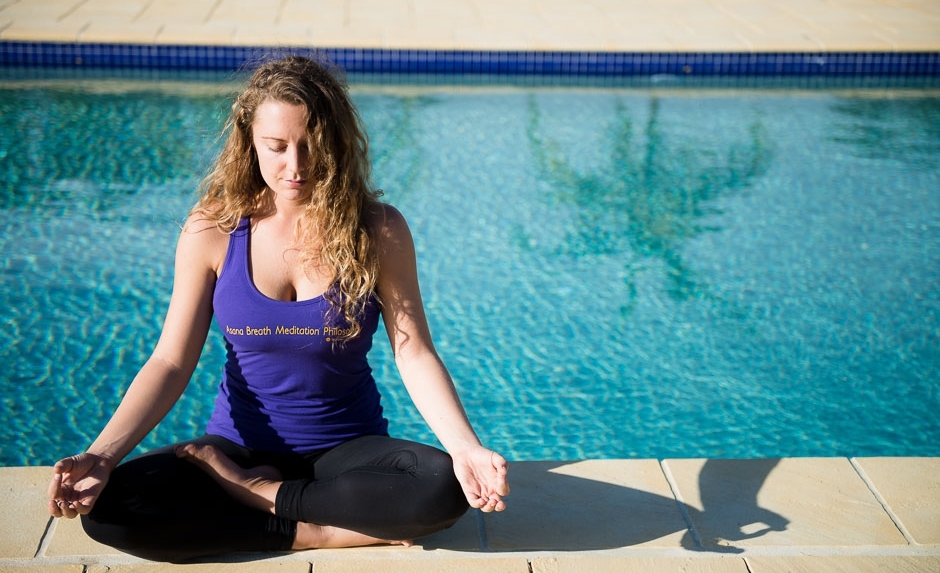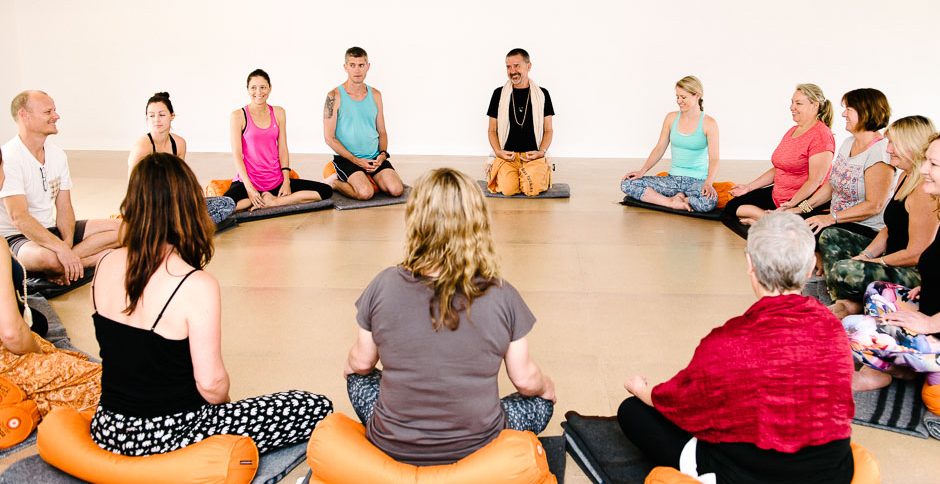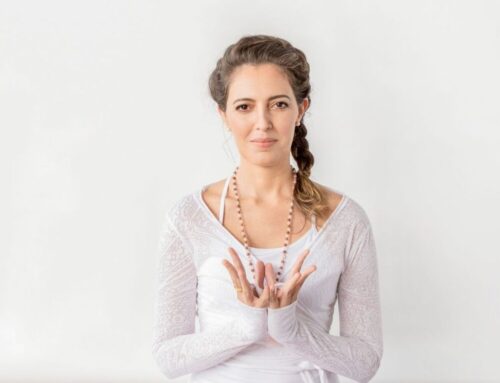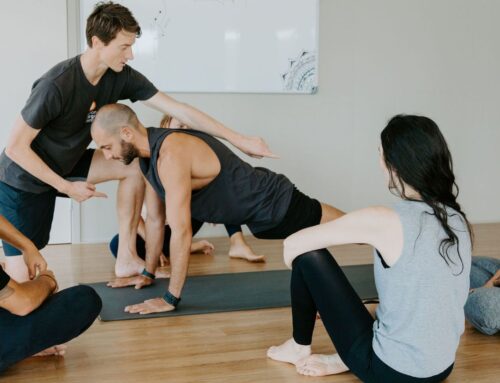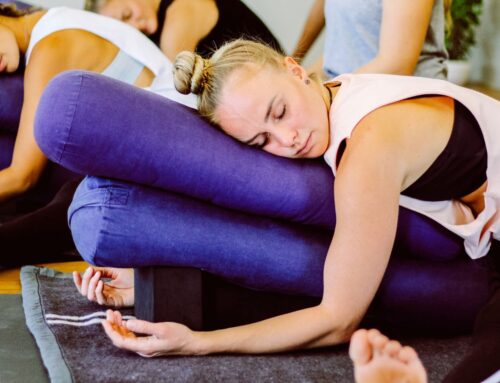“Meditation is the ultimate medicine,” states Swami Pujan. The international philosopher and senior Byron Yoga Centre teacher who leads our annual meditation teacher training is a walking-talking advert for meditation! He exudes health and vitality – and there is a luminous and humorous glint in his eyes.
The positive results of regular mediation are well documented. You are likely to notice subtle but powerful changes after just a few weeks: a stronger immune system, a reduction in anxiety and stress, an increase in memory and energy and an improvement in focus and sleep.
Even with the best intentions it can be challenging to maintain a regular meditation practice. Swami Pujan has wise advice that he imparts to the yoga teachers and meditation students on his meditation course:
1) Swami Pujan initially encourages students to experiment. He offers participants a ‘try before you buy’ approach, taking the group through the theory and practice of a range of key techniques. These include:
- Breath meditation
- Mindfulness
- Self Inquiry
- Heart Meditation
- Loving Kindness (Metta)
- Chakra Meditation
- Mantra and Japa
2) The idea is that you experiment with a few meditation styles and then choose a technique that resonates with you and stick to it. “I use the classic analogy of digging a well: you need to choose the spot and keep digging. Digging little holes all over will not have the same result as digging deeply in one spot.”
3) Commit to a time and place. “Decide how long you plan to meditate for – then half it! It’s better to practice with whole hearted effort every day for 3 to 5 minutes than with lacklustre for 20.” Swami Pujan advises students that the shorter the time – the more likely they are to really want to do it. “You want to look forward to this, not to feel obligated. You can always sit longer than your planned allocation.”
Swami Pujan suggests it also really helps to have a dedicated quiet space, energetically it enhances your practice and more importantly it’s a great motivator! If you have a meditation room or area, even if this is a small rug and a cushion, if it’s set up and ready for you then you are more likely to sit every day.
4) Create a ritual. “Before you sit it can be really beneficial to take a few steps to prepare your mind, body and spirit.” Maybe read a short spiritual or poetic text; stretch or do some basic yoga; cleanse your mediation area by lighting a candle or incense, perhaps go through a short relaxation exercise or listen to a guided meditation. “If you make your ritual the regular preparation steps, your body and mind will become familiar with the cellular memory – “ah, now it’s meditation time.”
5) “Check your attitude. Notice if frustration creeps up on you. Stress? Don’t analyse the results of each day’s practice. Meditation is a life-long commitment, each day just is what it is, do your best– and then let it go.”
6) Conclude with a moment of gratitude, prayer or by sending good wishes out to those you love and peace to all beings. “Once your practice is through, spend 2 to 3 minutes cultivating feelings of appreciation for your opportunity to practice and for the blessings in your life. Then send these good wishes out to the world.”
